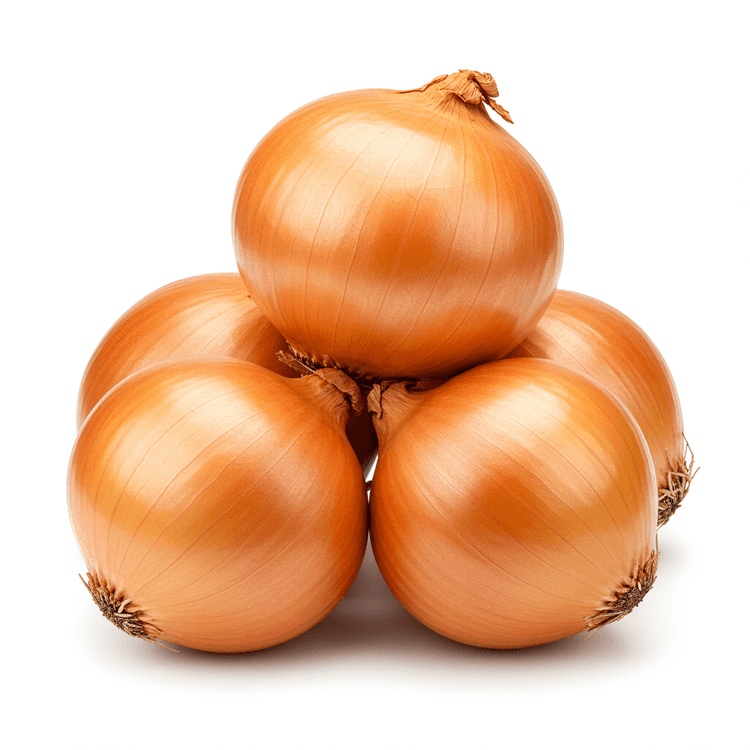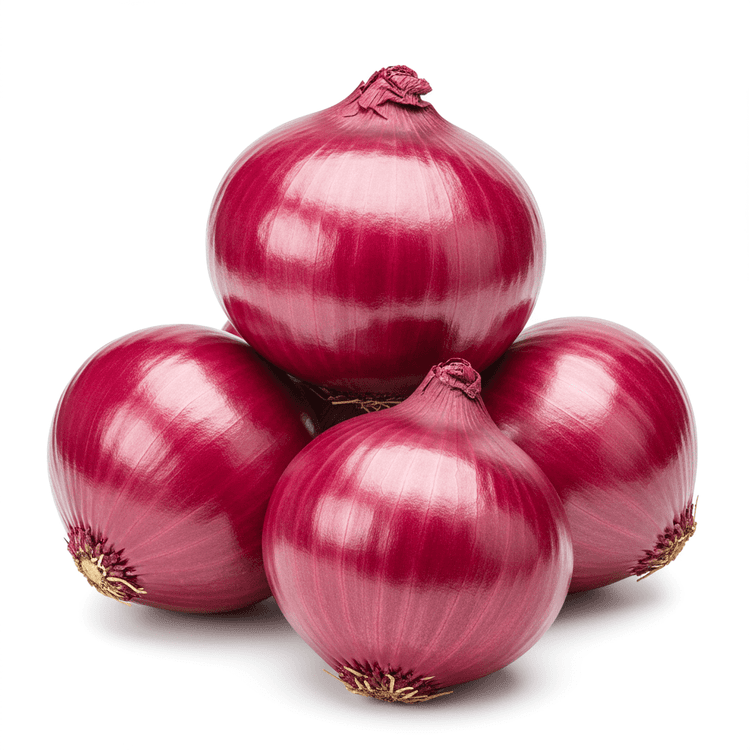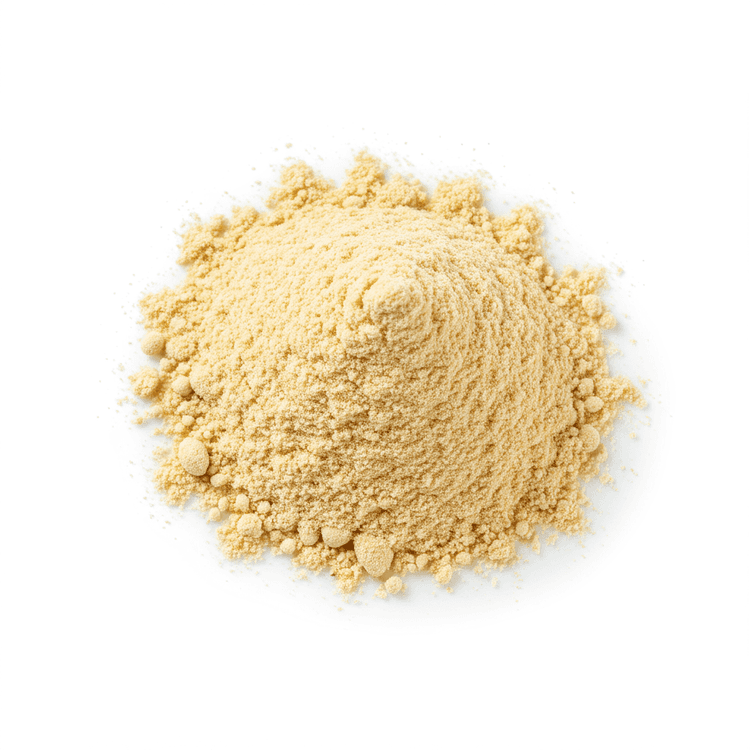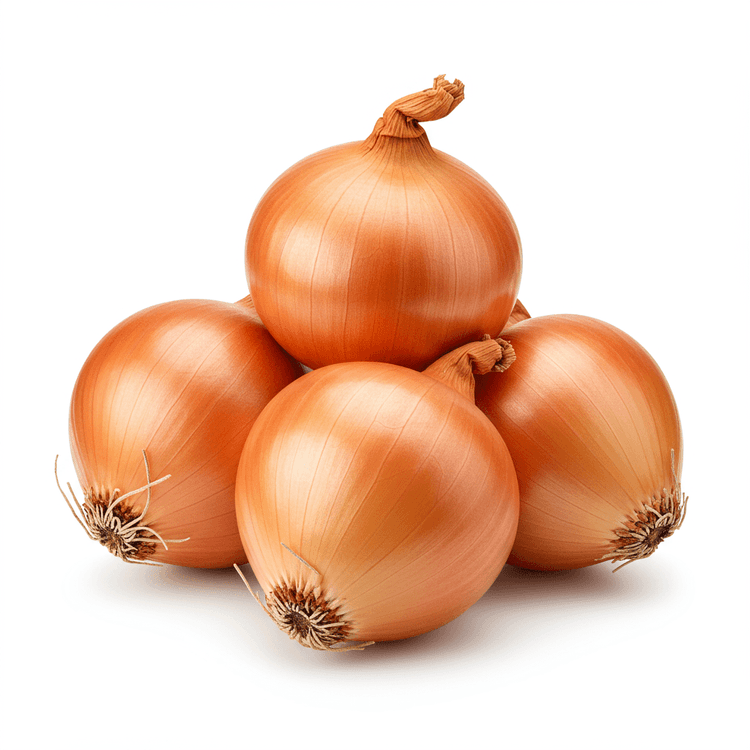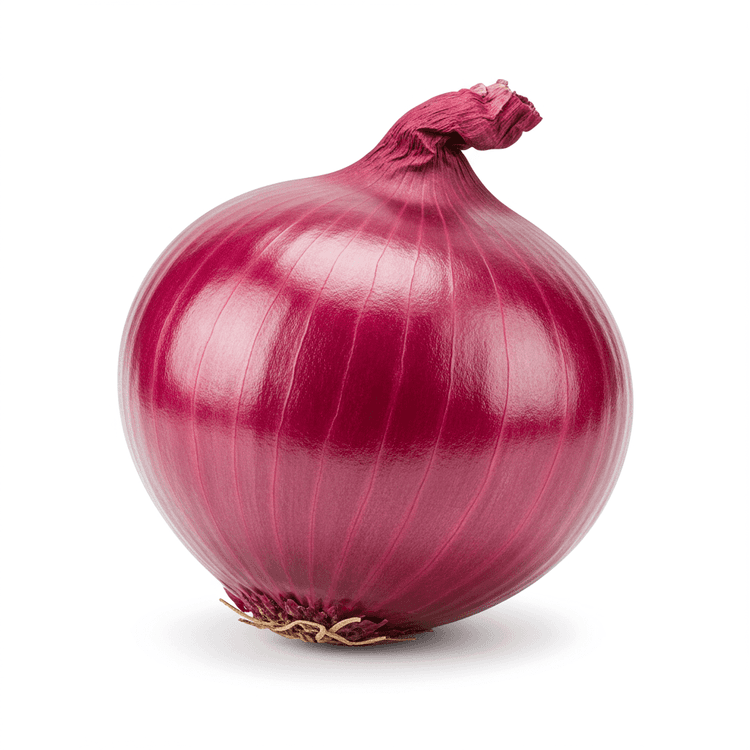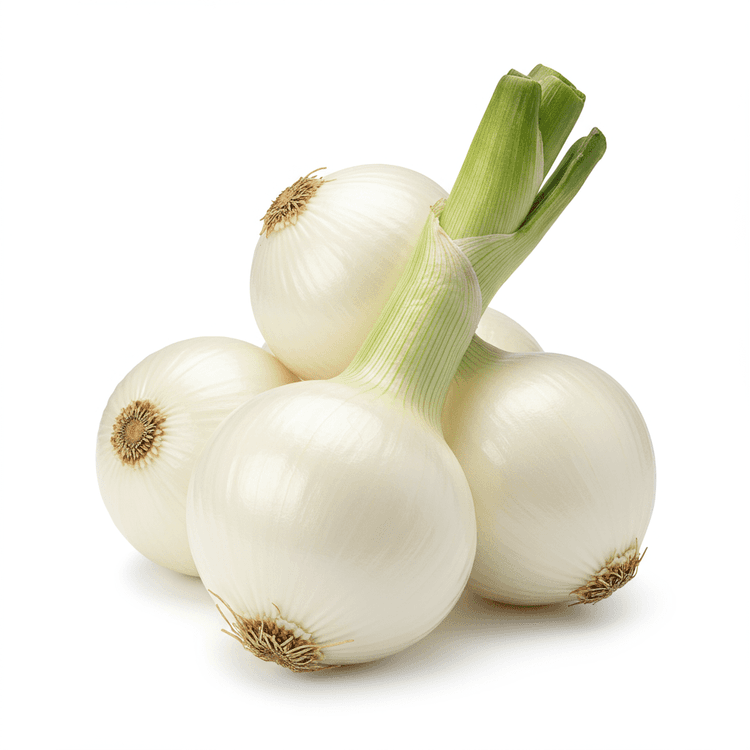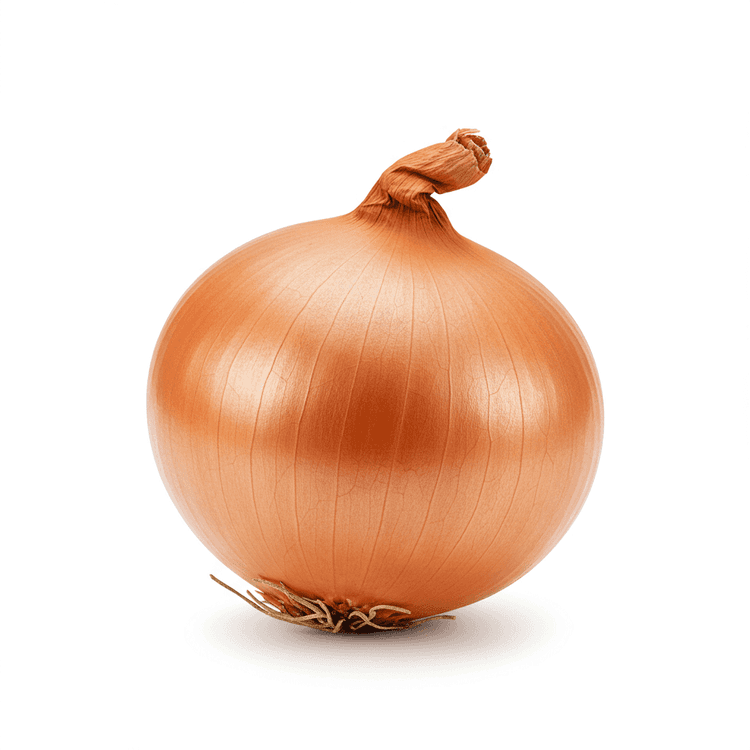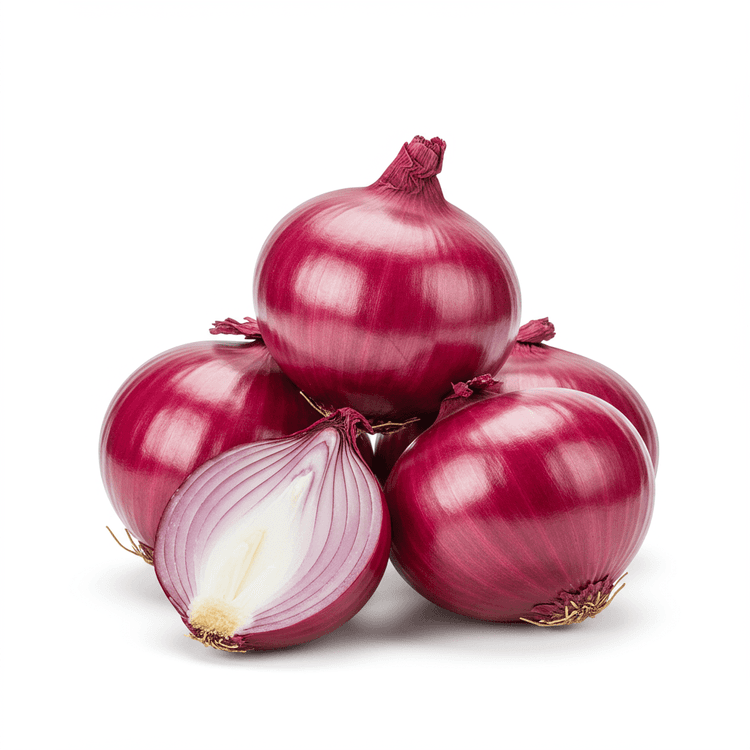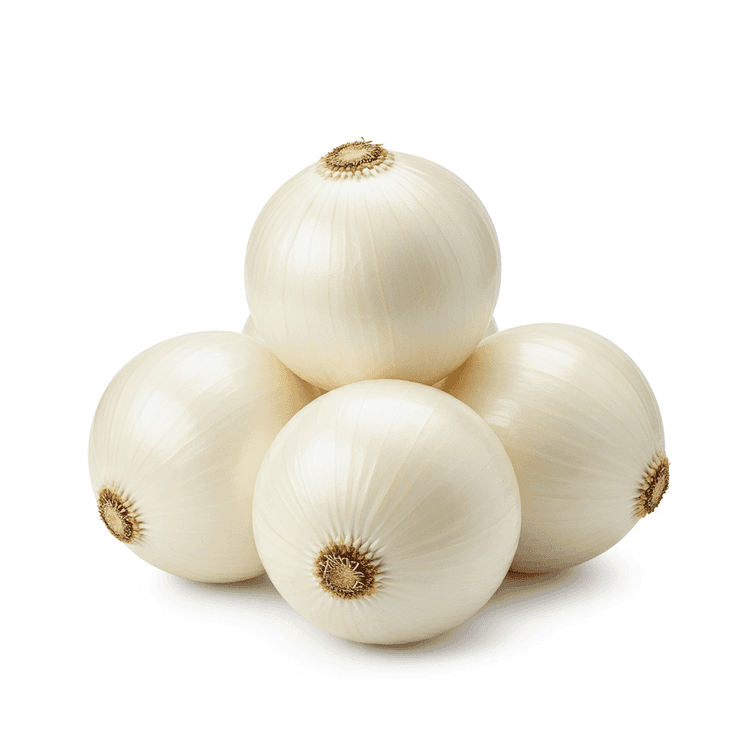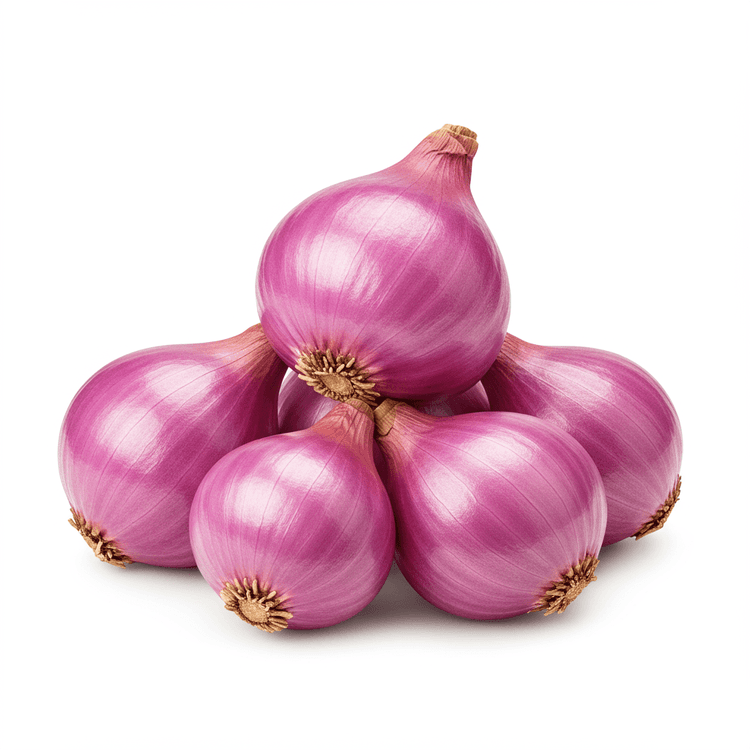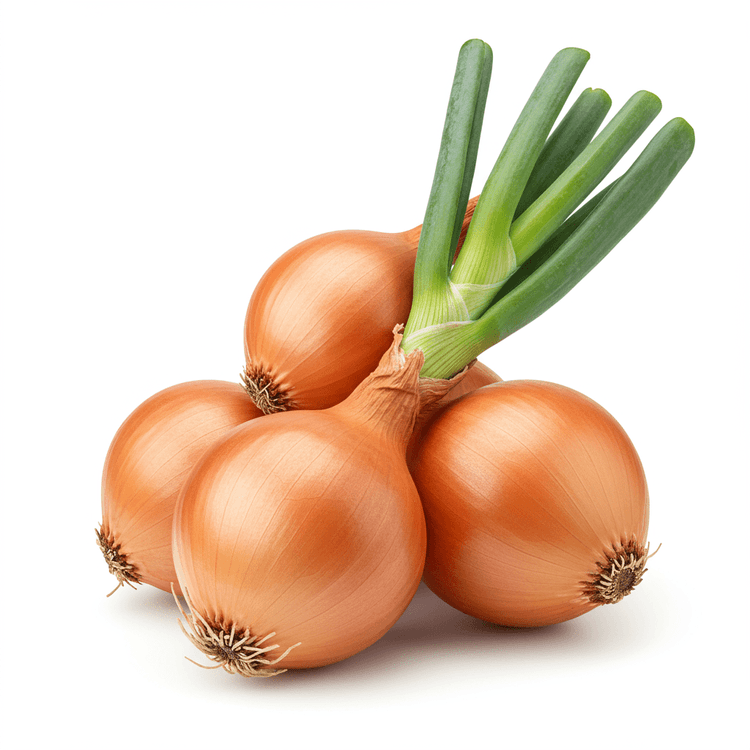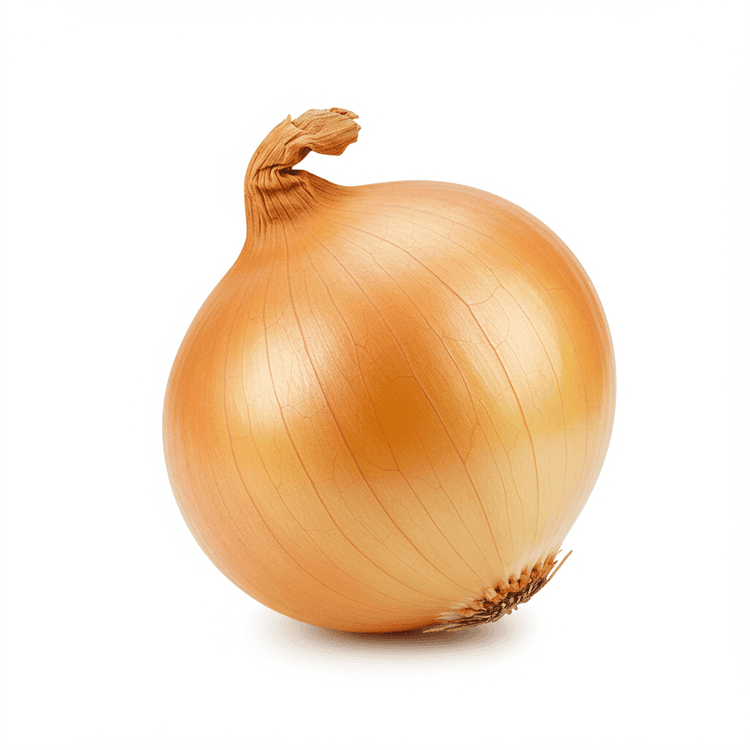
Yellow Onion
The yellow onion, a kitchen staple, is known for its versatile flavor profile. Featuring a balanced blend of sweetness and sharpness, the yellow onion becomes sweeter when cooked. Its papery, golden-brown skin encases layers of firm, off-white flesh that transform to a soft, translucent texture upon cooking. The common yellow onion is widely used as a foundational ingredient for countless savory dishes due to its capacity to enhance flavor and add depth.
Common Uses
- As a foundational ingredient for soups, stews, and sauces, providing a savory base note that enhances the overall flavor profile. Think French Onion Soup, beef stew, and tomato sauce.
- Caramelized slowly over low heat to bring out their natural sweetness, creating a delicious topping for pizzas, burgers, or tarts. Caramelized onions add a rich, umami flavor to dishes.
- Sautéed or stir-fried with other vegetables and proteins to add flavor and texture to dishes like stir-fries, omelets, and fajitas. They are essential for adding savory notes and a touch of sweetness.
- Roasted alongside meats and vegetables, adding a subtle sweetness and depth of flavor to the overall dish. Roasted yellow onions pair perfectly with root vegetables and poultry.
- Diced and added raw to salads, salsas, and dips for a sharp, pungent bite. Their strong flavor makes them great additions to raw dishes where their sharpness is welcome.
- Used as a key ingredient in onion rings and other fried dishes, offering a satisfying crunch and sweet-savory flavor that perfectly complements the crispy coating. Their high sugar content caramelizes beautifully during frying.
Nutrition (per serving)
Nutrition (per serving)
Calories
40.0kcal (2%)
Protein
1.1g (2.2%)
Carbs
9.3g (3.38%)
Sugars
4.2g (8.4%)
Healthy Fat
0.0g
Unhealthy Fat
0.0g
% Daily Value based on a 2000 calorie diet
Nutrition (per serving)
Calories
40.0kcal (2%)
Protein
1.1g (2.2%)
Carbs
9.3g (3.38%)
Sugars
4.2g (8.4%)
Healthy Fat
0.0g
Unhealthy Fat
0.0g
% Daily Value based on a 2000 calorie diet
Health Benefits
- Rich in antioxidants that help combat free radicals and reduce inflammation.
- Supports heart health by lowering cholesterol and blood pressure.
- May improve bone density and reduce the risk of osteoporosis due to its sulfur compounds.
- Contains prebiotic fiber, promoting a healthy gut microbiome and improved digestion.
- Boosts the immune system with vitamin C and other beneficial compounds.
- Provides quercetin, known for its anti-inflammatory and antihistamine properties.
Substitutes
Chefadora AI is here.
Experience smarter, stress-free cooking.
Storage Tips
Store yellow onions in a cool, dry, and dark place with good ventilation. Avoid storing them near potatoes, as they release moisture that can cause onions to spoil faster. Whole onions can last for several weeks when stored properly. Once cut, wrap the remaining onion tightly in plastic wrap or store it in an airtight container in the refrigerator and use within a few days. You can also freeze chopped onions for longer storage; spread them in a single layer on a baking sheet until frozen, then transfer to a freezer bag.
Marnirni-apinthi Building, Lot Fourteen,
North Terrace, Adelaide, South Australia, 5000
Australia


